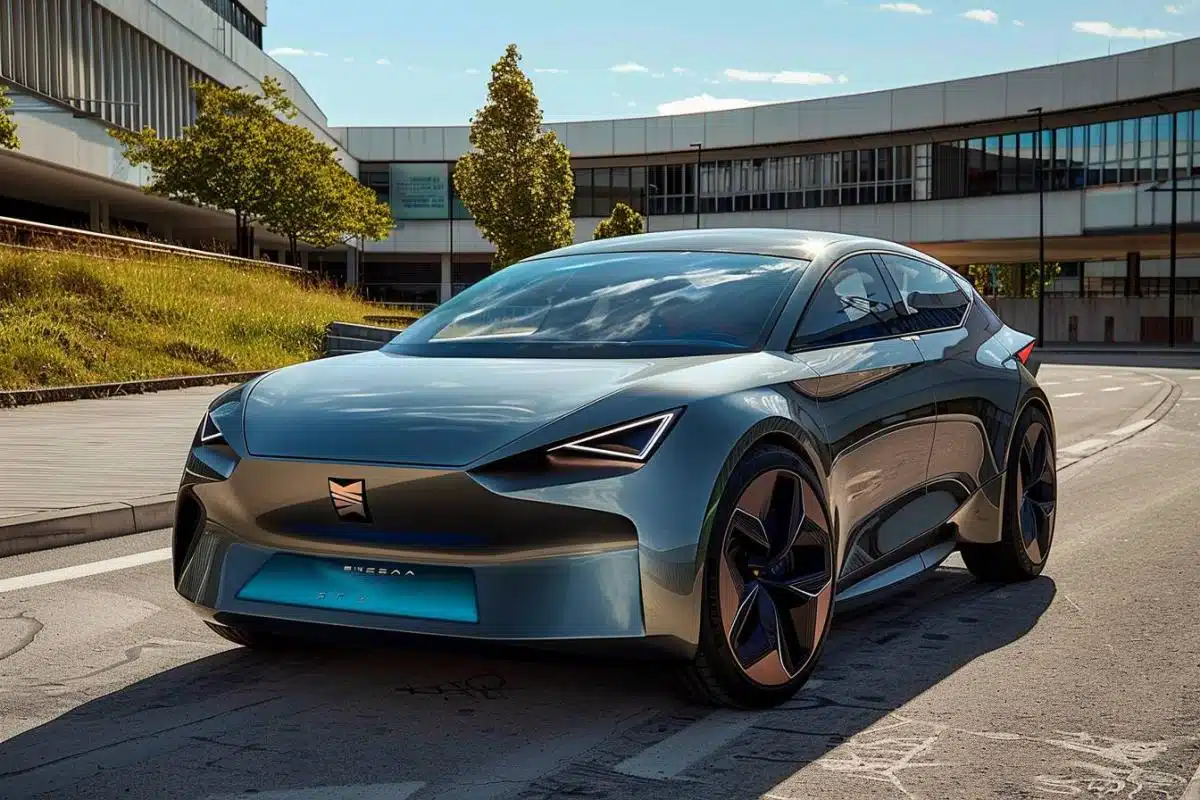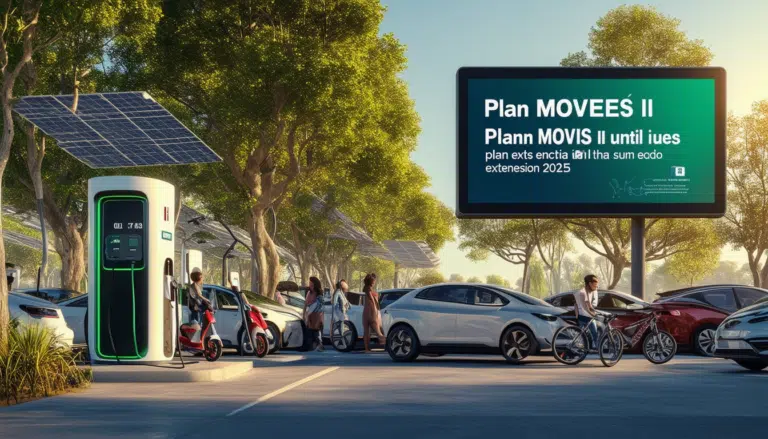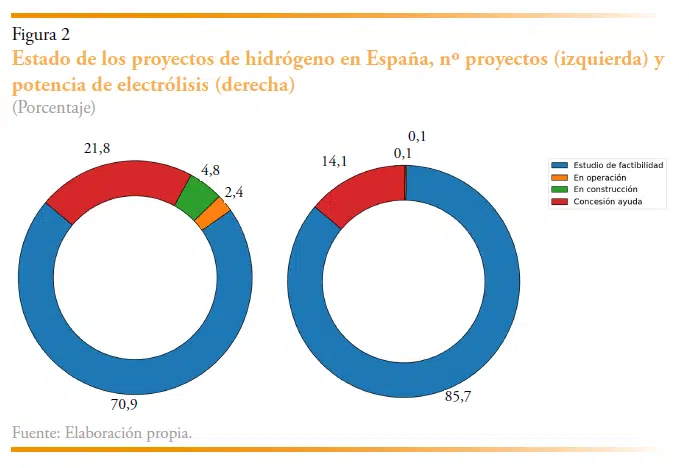Seat and Endesa revolutionize the landscape of electric cars in Spain

In a nutshell:
The article details the transformation of the electric car market in Spain driven by SEAT and Endesa:
- Current situation: Only 5.5% of cars in Spain are electric, far below the European average.
- Investment and commitment: SEAT will invest 10 billion euros in electrification and charging infrastructure development.
- Sustainability: Endesa plans for 93% of its production on the Peninsula to be emission-free by 2026.
- Challenges: Spain needs to improve its infrastructure and tax policies to encourage adoption.
- Promising future: The collaboration between SEAT and Endesa can position Spain as a leader in electric mobility.
In 2024, the electric car market in Spain is about to experience a significant transformation thanks to the strategic collaboration between SEAT and Endesa. Both companies have announced their commitment to electrification and sustainability during the fourth edition of the Climate Action Sevilla Summit, a key event for the future of transportation in the country.
The current situation of electric cars in Spain
According to the 2023 Electromobility Barometer, drawn up by the Spanish Association of Automobile and Truck Manufacturers (ANFAC), Spain is lagging behind other European countries in terms of electric car penetration. Currently, only 5.5% of the vehicles in circulation in the country are electric, a figure that is well below the European average of 15%.
Germany, the Netherlands, and the United Kingdom lead the market with a percentage of electric cars higher than the European average, which is 27.4 points. Portugal also stands out with 33.1 points in this index. In contrast, Spain continues to face significant challenges in reaching these levels of adoption.
A report from Transport & Environment highlights that in Spain, acquiring a combustion engine car offers more tax benefits than buying an electric vehicle. This contrasts with the situation in Portugal, where the percentage of electric car registrations is 17.3%, despite having a lower per capita income.
It is evident that changes in tax policies and public awareness must be made for electric cars to gain ground.
The commitment of SEAT and Endesa to electrification
During the Climate Action Sevilla Summit, SEAT and Endesa presented their ambitious plan to revitalize the electric car market in Spain. According to María Tarrés, head of sustainability strategy at SEAT, the company will invest 10 billion euros in the Future Fast Forward project. Tarrés stated that “we put Spain on wheels and now we will do it on electric wheels.”
- Significant investments: The investment of 10 billion euros is aimed at improving electric propulsion technology and developing new charging infrastructures.
- Charging infrastructure: One of the biggest challenges is the lack of adequate infrastructure for charging electric cars. SEAT and Endesa have committed to addressing this issue.
- Decarbonization and sustainability: On its part, Endesa is working intensively to transform its energy mix toward a more sustainable model. By 2026, 93% of its electrical production on the Iberian Peninsula will be emission-free, thus contributing to a greener future.
Endesa, represented by Rafael Sánchez, the director of the company in Andalusia, Extremadura, Ceuta, and Melilla, also emphasized the importance of evolving towards a more sustainable energy model. The company aims to become a Zero Emissions company by 2040.
Impact on consumers and the market
For electric cars to gain greater acceptance among consumers, it is essential to educate the public about the benefits of electrification. According to María Tarrés, it is crucial to “prepare the market and raise awareness about the advantages of electric vehicles as the only future.”
Electric cars emit an average of 60% less carbon dioxide over their lifecycle compared to combustion engine vehicles, which represents a significant advantage in terms of environmental sustainability. Moreover, these vehicles are more efficient and have lower maintenance costs.
From my perspective as a car design and mechanics enthusiast, it is clear that this change not only brings environmental benefits but also represents a significant technological advancement in the automotive industry.
Here are some of the potential benefits:
- Lower operational cost: Electric cars have a lower cost per kilometer compared to combustion engine cars.
- Greater electric efficiency: The energy efficiency of an electric motor is superior to that of a combustion engine.
- Reduced pollution: The massive adoption of electric cars could significantly reduce emissions of polluting gases.
Challenges and future developments
Despite the ambitious plans of SEAT and Endesa, there are still several challenges that must be overcome for Spain to achieve greater penetration of electric cars in the market. One of the main challenges is the charging infrastructure.
Currently, Spain has an insufficient charging network to support the mass adoption of electric cars. The lack of fast charging points and the sparse distribution of charging stations in rural areas are major issues that need to be addressed to facilitate access to electrification.
Furthermore, it is vital that government policies are implemented to incentivize the purchase of electric vehicles. Tax reductions, subsidies, and incentive programs are some of the measures that could facilitate the transition to electric mobility.
Potential solutions:
- Infrastructure development: Expand the network of fast charging points in urban and rural areas.
- Tax incentives: Implement policies that provide tax benefits for purchasing electric cars.
- Education and awareness: Conduct awareness campaigns about the benefits of electric mobility.
A vision for the future
The alliance between SEAT and Endesa marks an important milestone in the transition to electric mobility in Spain. With multimillion-dollar investments and a focus on sustainability, these two companies are laying the groundwork for a greener future that is less dependent on fossil fuels.
From my perspective, this initiative not only accelerates technological advancement in the automotive sector but also highlights the importance of collaboration between multiple sectors—automotive and energy—to achieve meaningful change. As a car enthusiast, witnessing how design and mechanics evolve towards more sustainable forms is exciting and hopeful.
The success of this transformation will depend on the market’s adaptability and support from government policies. Electrification is not just a trend; it is an urgent necessity to address the climate challenges we face today.
| Country | % Electric Cars |
|---|---|
| Spain | 5.5% |
| Germany | 27.4% |
| Portugal | 33.1% |
| Netherlands | 27.4% |
| United Kingdom | 27.4% |
With coordinated efforts and the commitment of leading companies like SEAT and Endesa, Spain has the potential to become one of the European leaders in electric mobility. The key will be to overcome current challenges and create a favorable environment for innovation and the adoption of clean technologies.
Ultimately, the landscape of electric cars in Spain is about to change forever, thanks to the vision and commitment of these two industrial giants. The electric revolution has begun, and the future promises to be exciting for all car and sustainability enthusiasts.




